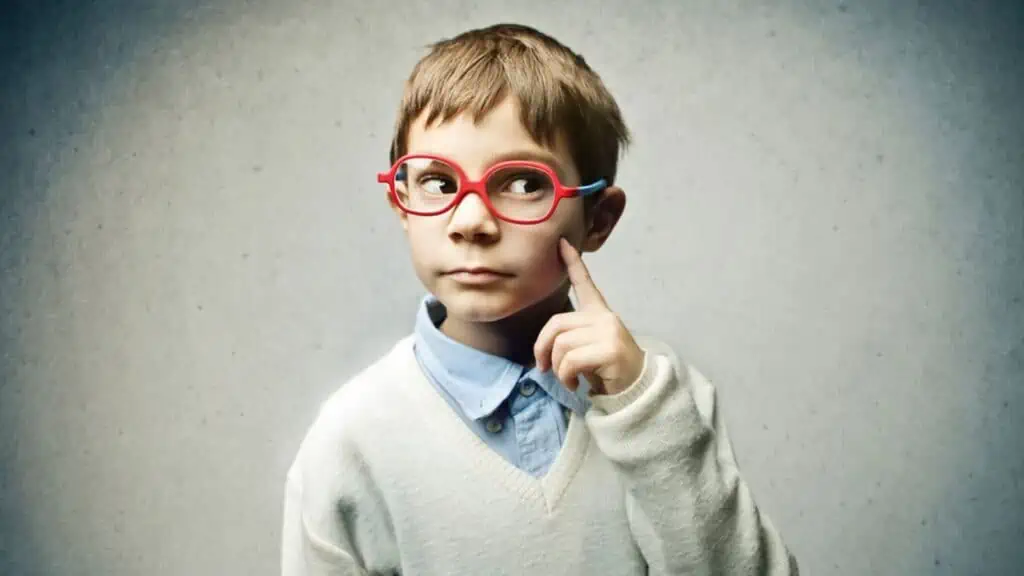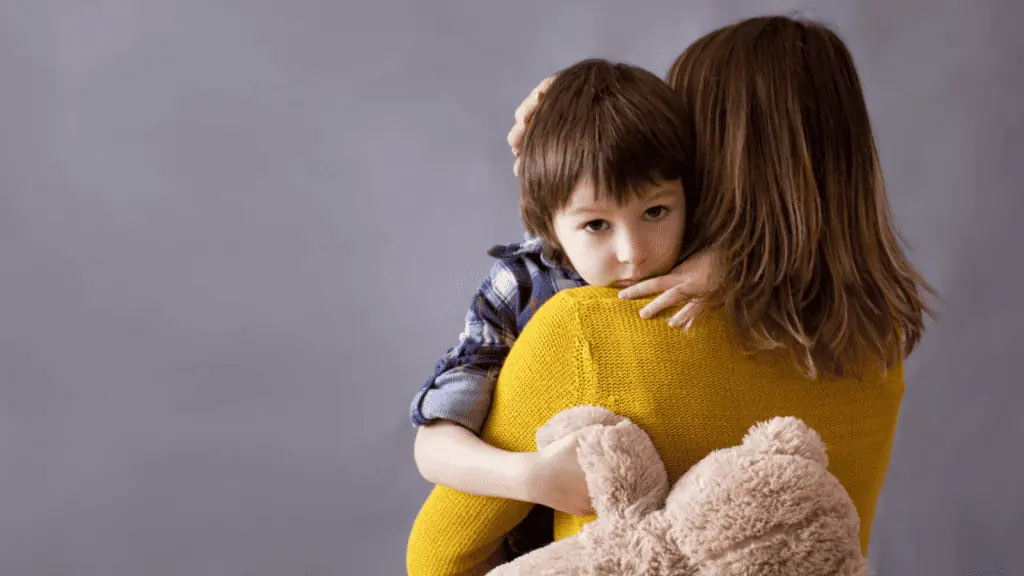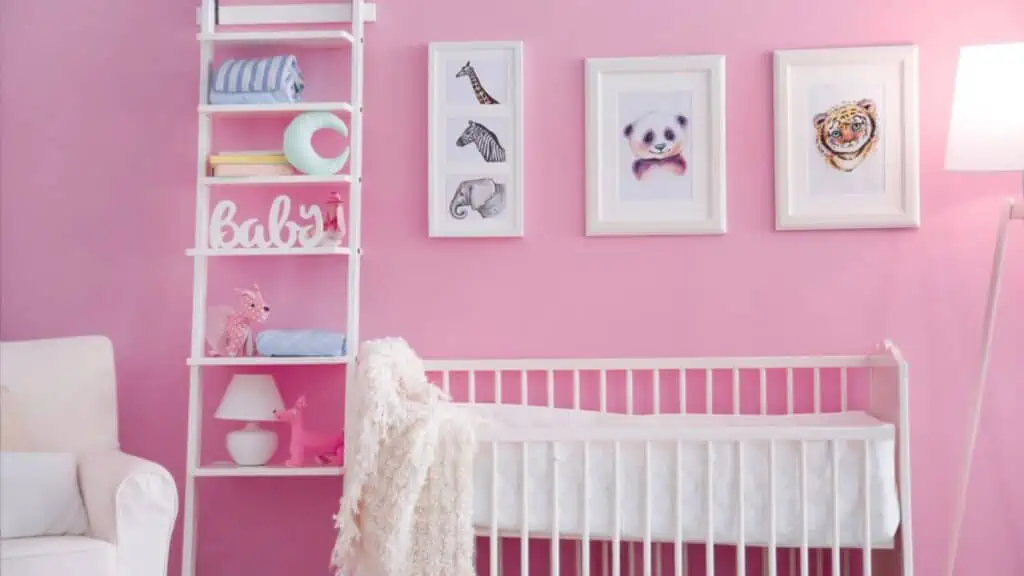11 Unfortunate Signs of a Controlling Parent
This post may contain affiliate links. As an Amazon Associate, I earn from qualifying purchases.
Maintaining a balance between guidance and control is crucial for parents to avoid becoming overly controlling. While children need guidance and structure, it should not escalate into complete control over every aspect of their lives, turning them into mere puppets of their parents. Trying to dictate a child’s actions and thoughts is harmful and can lead to the development of a co-dependent and timid individual.
Here’s how to know if you’re a controlling parent and how to set your child free.
1. They Think They’re Perfect

A controlling parent rarely allows themselves to be seen as human, opting for the illusion of perfect. They position themselves as the ultimate authorities, rejecting the notion that they could ever be mistaken.
Consequently, the child can develop a belief that they are devoid of knowledge and may suffer from severely diminished self-esteem when they inevitably make mistakes.
2. They Dictate The Kids’ Actions

A child of a controlling parent does not get the chance to act independently at all; the parents dictate all their actions and expect them to obey without question.
Any questions asked are regarded as disobedience and may even be punished.
3. They Set Unrealistic Expectations

Setting standards for children is an excellent way to ensure they live up to their potential and become the best they can be. However, these benchmarks must remain grounded in reality. Unfortunately, controlling parents often lack a gauge for discerning when these expectations veer into the realm of unattainability.
Consequently, the child finds themselves constantly striving for goals that perpetually elude their grasp.
4. Constantly Criticizing the Child

To a controlling parent, the child’s choices are often wrong and below par.
You know you’re on the controlling parent path when none of your child’s choices make you happy, and you constantly wish they had followed your preferred options.
5. Use Of Negative Language to Influence Behavior

Controlling parents resort to the use of negative language as a means of influencing their child’s behavior. They believe criticism will motivate the child to excel or avoid perceived pitfalls.
This approach often stems from their own anxieties and desire for control. It can result from a misguided belief that instilling fear or doubt is a form of protection.
6. Offering Unsolicited Advice

Children occasionally need help when they seem over their heads with an activity or problem. Parents should let their kids try and work at problem-solving before offering any help.
Controlling parents do not let their kids struggle for a minute; they always rush with advice and solutions.
7. They Do Not Respect Privacy

Privacy is an alien word in the world of a parent craving for some control over their child.
Controlling parents may struggle with boundaries and have difficulties recognizing that their child is an individual with their own needs for personal space. This behavior can result from a well-intentioned desire to be involved, but it erodes trust and stifles the child’s development.
8. They Don’t Consider The Child’s Perspective

Children have an opinion and a perspective, especially in matters affecting them. A controlling parent believes their perspective is always superior and wants strict control over the child’s actions and decisions.
This may, in the long term, hinder the child’s emotional development and their ability to make independent decisions.
9. They Are Not Empathetic

Raising a wholesome child calls for a child to empathize with the child’s emotions, but a controlling parent lacks this empathy.
They focus on maintaining control, which can lead them to prioritize their desires and views over their children’s.
10. They Set Erratic Rules

Rules keep changing when a controlling parent makes them, and the child barely knows the new rules or how to follow them.
They might not clearly understand their parenting values or may be influenced by societal pressures, causing their rules to fluctuate.
11. Because I said So …

Many parents have used this line on their kids to get them to stop asking the many “whys.” When it’s said more often than not, that’s a clear way to know that you’re being a controlling parent.
Kids ask questions because they want reasons for the rules laid out, and helping them understand is better than requiring blind obedience.
How to Be a Good Mother: 16 Practical Tips

Being a mom is one of the world’s most important, challenging, and rewarding jobs. It’s also one of the most difficult to define. What does it mean to be a good mother? There are as many answers to that question, but none of them have anything to do with striving for perfection or doing more.
How to Be a Good Mother: 16 Practical Tips
21 Signs of Lingering Mommy Issues Affecting Your Mental Health

Are you struggling to maintain healthy relationships? Or do you feel certain aspects of your life and relationships seem to be a constant puzzle? If yes, then you may have unresolved mommy issues. The relationship with your mom is the very first and most important in your life. It shapes your early experiences and impacts how you see the world.
21 Signs of Lingering Mommy Issues Affecting Your Mental Health
How to Embrace Your Mom Bod Once and For All

The Mom Bod celebrates the beauty in motherhood and highlights the changes that come with it. This article will explore why this trend is gaining popularity, its implications for body positivity, and how moms can embrace their new figures.
How to Embrace Your Mom Bod Once and For All
The Best Shoes for Pregnancy-According to a Physical Therapist

Going for a walk or strolling around the block can be relaxing, especially when pregnant. However, even a short walk can feel like an arduous journey if you don’t have the right shoes. With the crazy weight gain (thanks to the weird pregnancy cravings) and pressure on your lower body, finding the best shoes for pregnancy and your growing bump is crucial.
The Best Shoes for Pregnancy-According to a Physical Therapist
Five Best Nursery Sets for Every Budget

Finding the perfect nursery furniture for babies can feel like a daunting task. You want something that’s not only stylish and functional but also fits within your budget.






